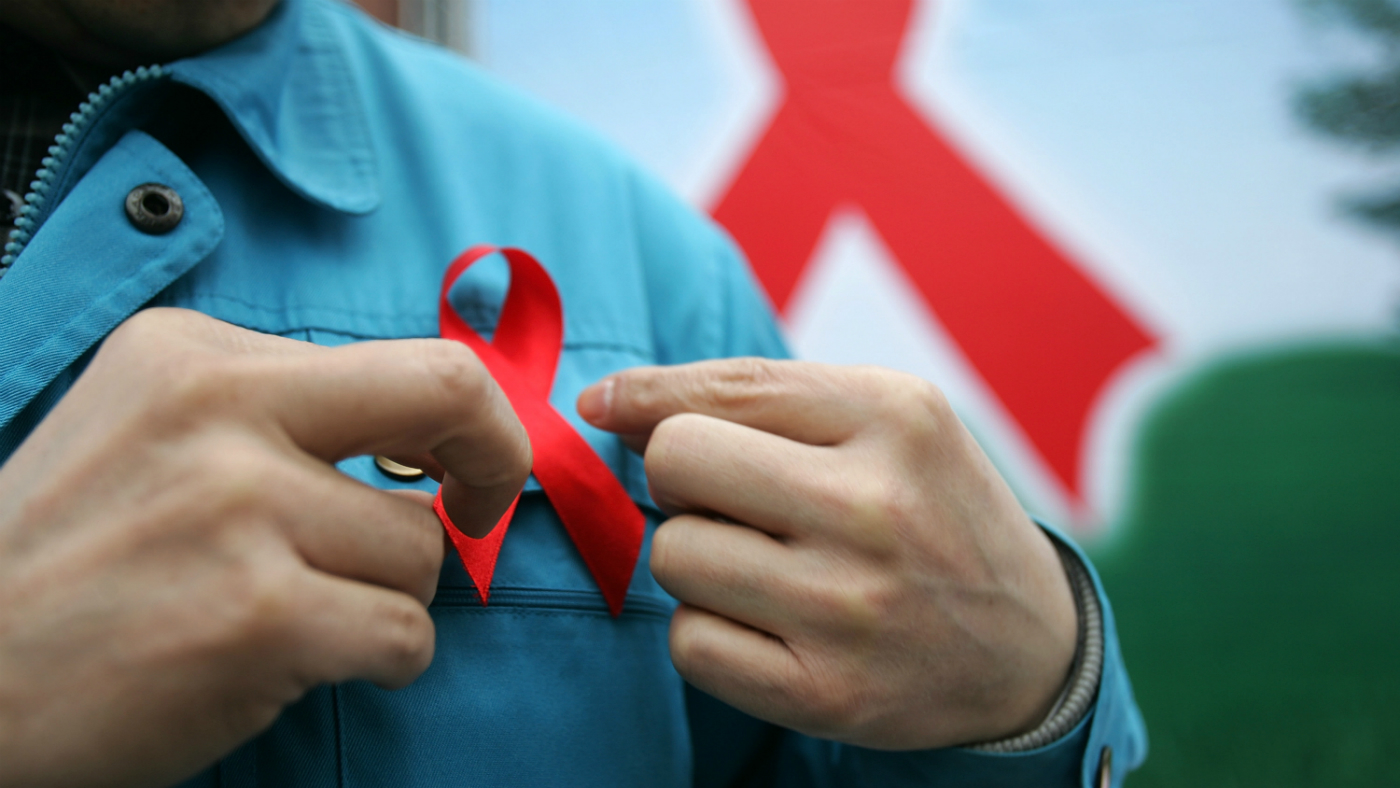Third patient now reportedly cured of HIV
Dusseldorf patient received bone marrow transplant like the other two HIV-free patients

A free daily email with the biggest news stories of the day – and the best features from TheWeek.com
You are now subscribed
Your newsletter sign-up was successful
Scientists believe a patient in Germany may be the third person in the world to have been cleared of HIV.
According to the New Scientist magazine, a team of researchers from the Netherlands announced the existence of the “Dusseldorf patient” at the Conference on Retroviruses and Opportunistic Infections in Seattle.
This patient underwent the same type of bone marrow transplant as two other HIV-free patients. Now, three months after stopping antiviral drugs, biopsies from the patient’s gut and lymph nodes show no infectious HIV, researcher Annemarie Wensing of University Medical Center Utrecht told New Scientist.
The Week
Escape your echo chamber. Get the facts behind the news, plus analysis from multiple perspectives.

Sign up for The Week's Free Newsletters
From our morning news briefing to a weekly Good News Newsletter, get the best of The Week delivered directly to your inbox.
From our morning news briefing to a weekly Good News Newsletter, get the best of The Week delivered directly to your inbox.
Listen to The Week team discuss the latest developments here:
The announcement was made “at the same conference where it earlier emerged that an HIV-positive man in London became the second person ever to be declared functionally cured of the virus after receiving a similar treatment”, says The London Evening Standard.
The anonymous “London patient” has been free of HIV for longer than the Dusseldorf case. He has gone for 18 months without taking the antiretroviral drugs used to prevent growth of the virus.
“There is no virus there that we can measure. We can’t detect anything,” Ravindra Gupta, a doctor, professor and researcher who helped lead the man's treatment, told Reuters.
A free daily email with the biggest news stories of the day – and the best features from TheWeek.com
It’s still “far too soon to know for sure whether this third patient has actually been ‘cured’ of HIV - or whether anyone has been cured of it at all”, says tech website Futurism. “Twelve years after the announcement of the first HIV-free patient, it’s still impossible to know for sure that the virus isn’t merely in some sort of undetectable state”, the website adds.
However, two other HIV patients still taking antiviral drugs have undergone the same bone marrow transplant procedure as the HIV-free patients, Javier Martinez-Picado of Barcelona’s IrsiCaixa AIDS Research Institute told New Scientist.
If those patients respond in the same fashion as the other three patients once they stop taking the antiviral drugs - with their HIV appearing to be completely eradicated - the growing number of success stories “might make it easier to say with confidence that doctors really have found a cure for HIV”, says Futurism.
But doctors say the issue remains complicated. Most HIV patients “are not suitable for bone marrow transplant because it is a risky procedure only normally given as a last-ditch effort to fight cancer - and besides, donors with the CCR5 delta 32 mutation are vanishingly rare”, says the Standard.
But, the recent results “lead some scientists to believe the same effects could be replicated using a new technology called CRISPR/Cas9 gene-editing”, the newspaper paper concludes.